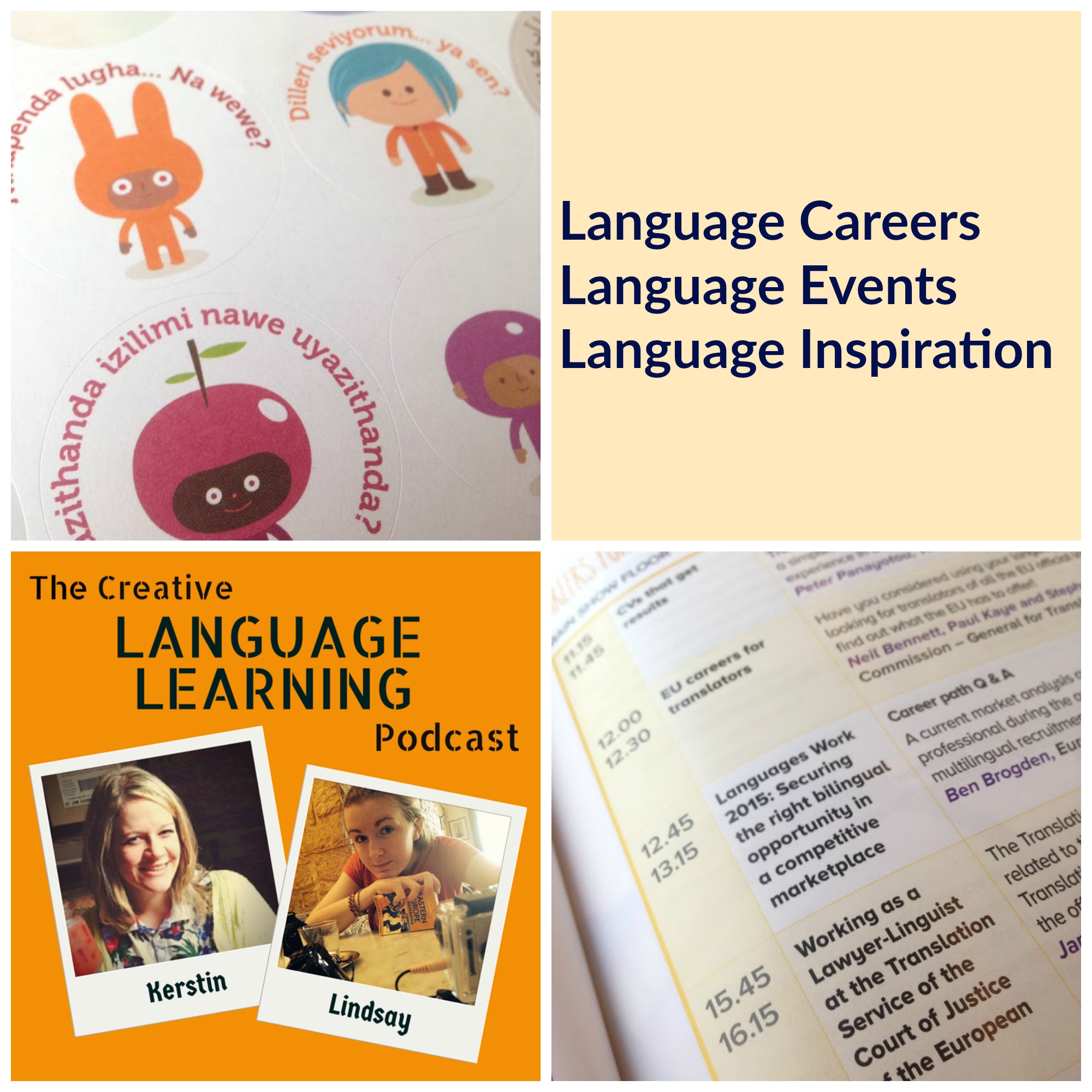I hope that you're enjoying a great start into the holiday season. One of the happiest activities during this season is decorating your home. Have you ever thought about how it could boost your language learning efforts?
Why This Is So Effective
You often spend so much time with books and screens that it becomes difficult to put language love into your life. Here are some of the easiest, most effective ways to bring language and Christmas together in your house this year.
Decorating your home with German items, signs, and Christmas cards triggers a priming effect. Similarly to Spaced Repetition Systems, it will remind you of your target language in situations where you don't expect it. Your brain stays switched on, reviews the right vocabulary for the season, and helps you learn a language.
Weihnachtsdeko: Quick German Christmas Decorations
For a German feel to your home, start decorating early and put out an Adventskranz (advent wreath). This wreath features four candles. As you count off the Sundays before Christmas Eve, a candle is lit every week so that all four candles are finally lit in the Christmas week. The ritual of lighting a new candle can ring in a natural break in your day, so it's an opportunity to take 5 minutes to combine it with the recital of a German Christmas song or listening to a festive song.
Crafty parents and lovers make their own advent calendars, too. You can do some basteln (crafting) of your own by collecting 24 little presents, wrapping them individually and putting them in a box or 24 empty toilet roll tubes. Note that the German advent calendar features only 24 presents as the German festivities and present-giving are held on Christmas Eve.
During the Christmas season, German homes will light up with candles and Christmas pyramids. The Räuchermann, a little incense burner figurine made to look like a smoking man, is also a classic at Christmas. Each year I excitedly light mine, even if my British husband complains about the smell. Make the incense burner work for your language studies by using its German name, naming the utensils you use for lighting the incense, or lighting it to ring in your regular study sessions every week.
The Christmas tree is another essential. Germany's tree goes back to pagan traditions of the Middle Ages. South West Germany and the French Alsace are the original regions where the Christmas tree was introduced more than 500 years ago. These days, the Germans export Christmas trees to many other countries including Denmark, France and Poland. Traditional German tree decoration stays away from tinsel and glitter in favour of wooden decorations, fabric ribbons and real candles. And just in case it catches fire, here's a German video demonstrating how to put out a tree fire.
Combine Decorating and Labelling
Labelling is a vocabulary review method that I discussed in detail in The Vocab Cookbook, and for language learners it should become the next step you take in your decorating. Label the new items and look out for the words associated with the new items.
For example, if there is a Christmas card from a friend wishing you Frohe Weihnachten und ein gutes neues Jahr!, where is a good place to display it in your home? Label it Weihnachtskarte, and if you are using an electronic flashcard app this is the time to add a picture to the card.
For those of you who choose not to decorate your home, here are a few other ways to engage with the season and still learn a language:
Christmas Markets
If you think that running around the Christmas market in a panic halfway through Christmas Eve is a common German image, you'll be surprised. The markets traditionally run from late November to the week before Christmas. They do sell many gift items, but are also used as a chance for families, colleagues and friends to get together over a mug of hot mulled wine.
Next time you're at an authentic German market, dare yourself to try a mug of Feuerzangenbowle which combines mulled wine with rum-soaked flambé sugar loaf. It's special! For those who don't enjoy alcohol as part of keeping warm at the Weihnachtsmarkt, there will always be some Kinderpunsch available.
If there is no market happening near you, don't feel left out though. Ask your language exchange partner or tutor to send you a video from their own market visit, showing you some items and telling you what they are in German.
German Christmas Characters
In Germany, you might get blank looks if you think that gifts are really delivered by an old man in a red coat who flies around on a reindeer sleigh and comes in through the chimney. Really. Who believes that? Obviously gifts are brought by a small angelic child! The German Christkind is a unique character, sometimes considered to be Baby Jesus himself, sometimes an angel. They come and place everyone's gifts under the tree on Heiligabend (Christmas Eve). In my house, we all used to get together for a meal and wait until the Christkind rings a bell. That's when you knew it was time for the good bit: Bescherung, where everyone got to open their gifts.
Many families sing songs like Alle Jahre wieder and Oh du fröhliche. They make the perfect basis for a merry study session. This year, I've already had a wonderful experience enriching my Welsh studies with recitals of Tawel Nos (Silent Night). The words are simple, the tunes are catchy, and you're guaranteed to pick up a few new words.
Does it Snow At Christmas in Germany?
Germany doesn't usually benefit from full snow cover to make things look romantic at Christmas. The North of the country is flat and close to the North Sea. The further South you go, the better your chances for a white Christmas. The Alps are prime territory for picture-book scenes, but Eastern Germany and Berlin usually keep up with the winter scenes too. Wrap up warm as temperatures often drop below zero and keep active by rodeln (sledging), Schlittschuh laufen (ice-skating) or Ski fahren (skiing). Germans love winter sports and always have a frontrunner in the key events of the season such as Skispringen (ski jumping) and slalom. If you are looking for festive TV shows to watch, the sports coverage of these events has excellent potential to combine repetition and easy language with an authentic winter atmosphere.
Ready to Start Decorating?
Are you building these tips into your study routine? Comment below to let me know your favourite Christmas study tricks!
If you want to be kept up to date with the blog, the podcast, and our language learning events, then don't please to join the free Fluent Newsletter.







